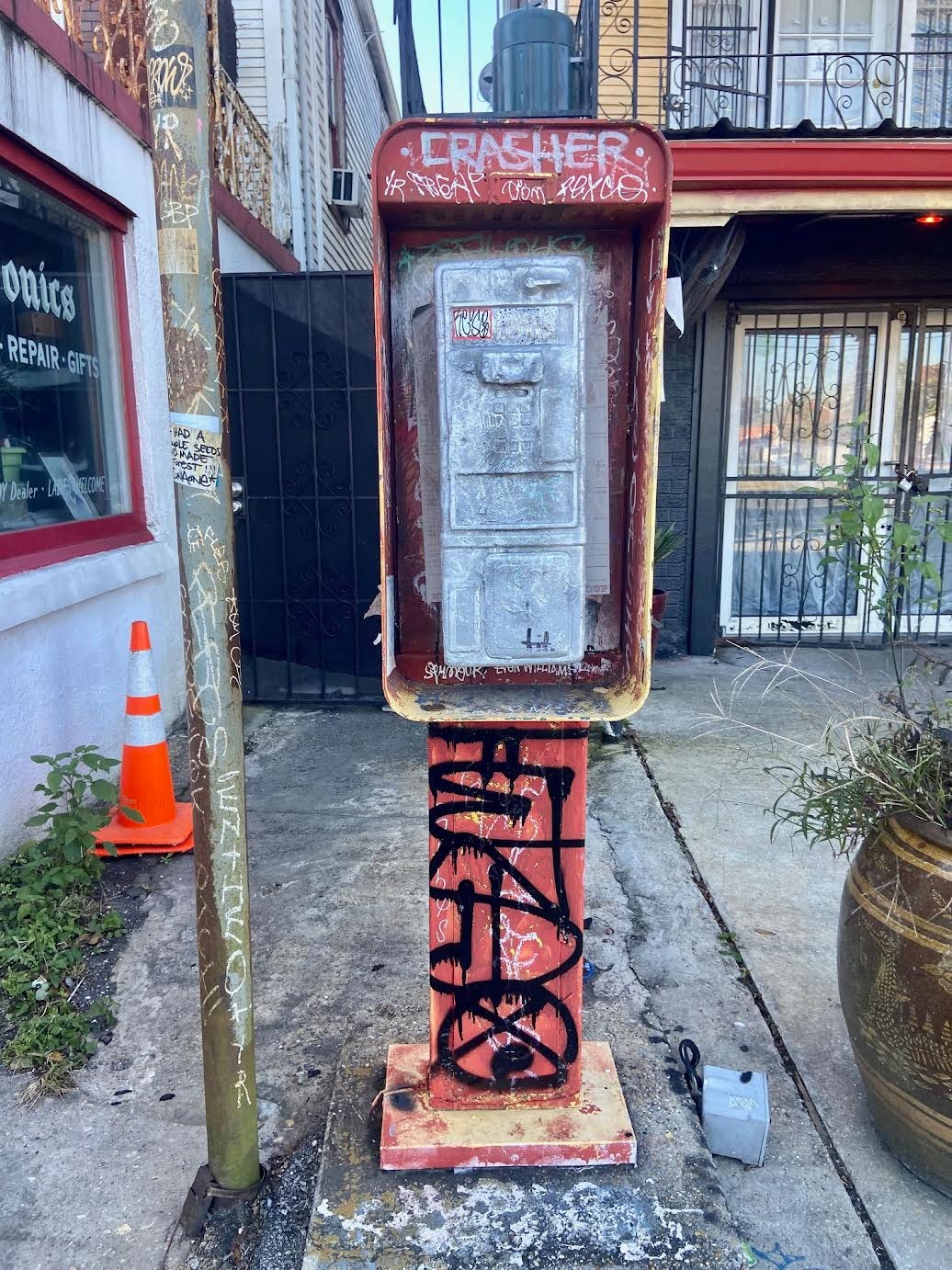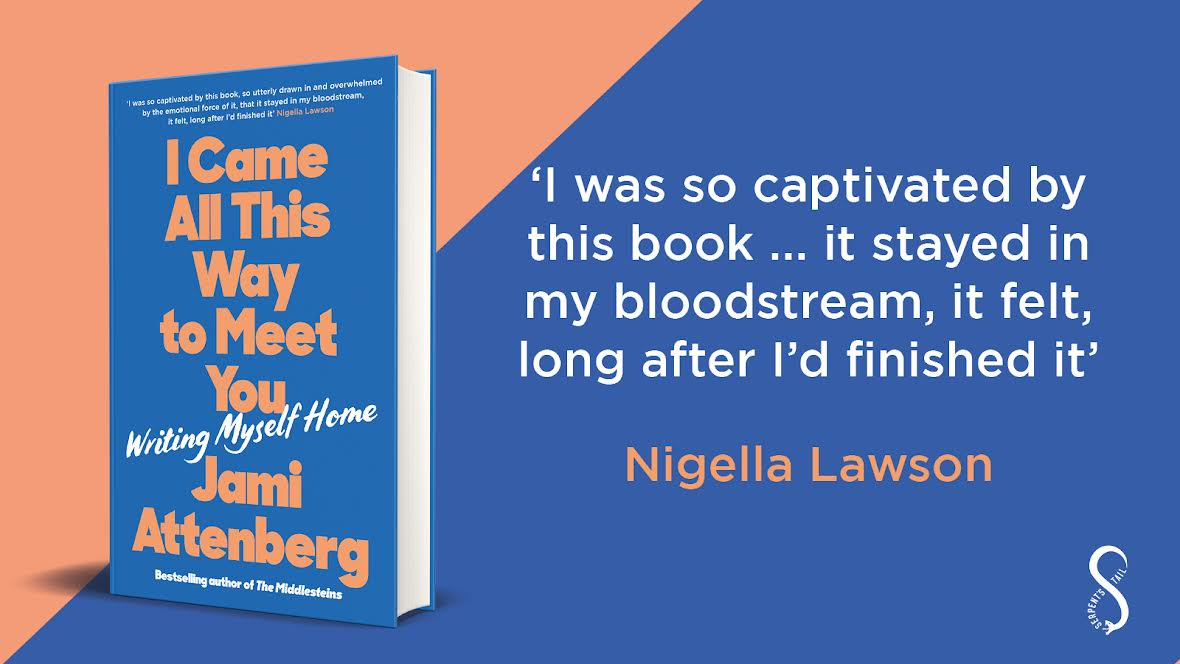Writing Around The Edges
Hi friends.
My memoir has been out for two weeks. Here is some praise. My last virtual event is with my buddy Patricia Lockwood, hosted by Skylight Books, tomorrow, Monday, January 24. I hope you can join us, but if not, please consider buying this book from your local indie.
Mostly I am focused on the future right now. I have a novel due at the end of the year. This is my professional and creative priority for 2022. I hope to look back in December at this newsletter and be able to track the progress of it. I want to try new tricks with this book and also develop some different skills along the way. These are not new year’s resolutions. These are just my tasks for the year.
Do you have the dates picked out yet on your calendar for when you’ll have each phase of your project done? Not everyone can abide by or commit to a schedule when it comes to a creative project – I know this. But on the other hand, is it helpful to at least try and create that timeline for yourself? Have you looked at your year yet and really thought about what is possible for yourself? What can we all achieve this year?
Paying attention to your goals is paying attention to yourself.
This morning, I plotted when I would have the first 60,000 words done of my novel, and then the final third of the book done, and the revision done, when I would send it to my agent. In February, I start in earnest, revising the first 30,000 words, finishing up the remaining chapters in part one. I’m giving myself a huge task in the summertime to generate and edit most of the rest of the book. I marked these things off on the calendar, coolly, nearly cockily. I can’t wait till I’m annoyed with myself for not making a deadline, which is definitely going to happen at some point. For sure, I will say to myself at some point: You suck.
But for now, it is all hope and ambition.
I dipped myself a little bit back into the actual writing this week, just to see what it felt like. I was not quite ready to tackle the big problems so instead I looked for little ones. This is a nice way to ease yourself back into writing when you’ve been away from a project for a while. Warming your hands around the fire when you come in from the cold.
I started looking around the edges of my story, seeking the characters unattended to, even if they were minor ones, and writing through their gaze, and getting to know them better. Even if I threw the words away, at least I could get to know my main characters better through a new lens.
Part of this stemmed from the fact that I had situated my protagonist’s parents off-screen, one dead before the beginning of the storyline of the book, and another off in the woods somewhere, living in a weird community. I had shunted them off, I suppose, because I didn’t want to deal with them at the moment I realized they existed. But they always come back and insinuate themselves eventually.
I spent a little time writing through the gaze of the dead parent – when they were still alive – in a close third person. I liked it so much I decided to add it to the beginning of the book, at least for now. They can hang out as an entry point. They said some important things.
When I got to the other parent, they told me almost immediately that they didn’t like the community where I had imagined them living, and I needed to bring them back to civilization. I liked the idea of them being away, in the woods, but the reality of the character is that they could never leave the big city behind. They needed it too much. The offerings of the modern world. The writing I did on them I would never use. It was in a far away third person voice. I couldn’t get near them – maybe someday I’ll be able to, maybe in another 30,000 words. But I knew one thing: they would not go gladly into the box I had created for them. I could not force them in.
There is something helpful about working around the wider edges of the world, too, not just with the characters who have an immediate connection to your story. There are always people in the background. We are always supposed to be eavesdropping, paying attention to those just hanging around. Usually they’re there for a reason.
My friend texted me this week about doing laundry in a laundromat in a neighborhood she used to live in when she was younger. Her dryer was broken, and she was waiting on a delivery of new one. She had some wet clothes, and it was cold out, too grey and gloomy to dry them outside. She had some errands to run in her old neighborhood, and noticed this laundromat nearby, one that she had never been to before. She decided to give it a shot.
And then she had been quite charmed by it, particularly by the owners. She said they sing along to their radio all day long. She might do some laundry there again just because she liked the owners so much. Their singing was so pleasant. She liked thinking about her younger days, too, for a while. Slowing things down for a bit in her old stomping grounds.
I hovered around in the background with the owners, for a while. Going about their day like that. The hum of the machines and some tinny noise from a radio and their voices, probably not half bad. A comfort during the fluff cycle. Maybe one of them had dreamed once of being a singer, or maybe they just got genuine pleasure from singing. I didn’t imagine them having some booming modern sound system.
I pictured everything being the same way as it always was in that laundromat, for years. Why change? It’s been working for them for so long. Eventually a machine might break, I suppose. Eventually the rent might go up. Maybe a cranky customer would come in, give them some trouble. But it sounded, for now, like everything would stay the same forever. Until something forced a change.
The time I spent thinking about them filled out the color of the scene. What would I even do with this moment, I didn’t know yet. But otherwise it would have been sort of incomplete, being in that laundromat. A woman thinking about her past, while doing her laundry somewhere both familiar and unfamiliar. That was pretty good, made my mind feel buttery. But it was the characters at the edges who would make me remember it.
Are we noticing all the people around us, out in the universe of our work? Are we noticing the people in the backgrounds of our scenes? Not every character deserves all the love and devotion we slather on our main characters. (Oh, those backstories, I know we’re all so diligent in building them!) But they should have a purpose for being there, and we should have an understanding of who they are. They’re showing up there for some reason. They’re opening up some door. We should pay attention to them.
Good luck with this new year.
Jami
You are reading Craft Talk, the home of #1000wordsofsummer and also a weekly newsletter about writing from Jami Attenberg. I’m also on twitter and instagram. I try to answer comments as best I can, which are open to paid subscribers. You can subscribe here or give a gift subscription here. (If you are a teacher let me know, and I will give you a free subscription.) Fifty percent of the proceeds will go to various cultural, educational, and social justice organizations in New Orleans (and sometimes elsewhere). This week’s donation went to the Culture Aid NOLA.




Hi Jami! Thanks for this as always. I wonder - How do you think about plotting deadlines for yourself? You mentioned in a previous newsletter that it felt like you were writing 4 books to get to this one - I also feel that way, and find myself writing around the edges to get to know the world and characters more in ways that I don't think I'll actually use. I'd be curious to hear how you think about reigning some of that in to nudge towards what feels like a real draft/final. How do you indulge those curiosities (and trust the process that you may need more info before making some decisions) - AND balance having a deadline?
I appreciate this newsletter and your sharing how you’re working your way around and through the planning, the process, and the writing. (Love the laundromat aside too!) Thank you!